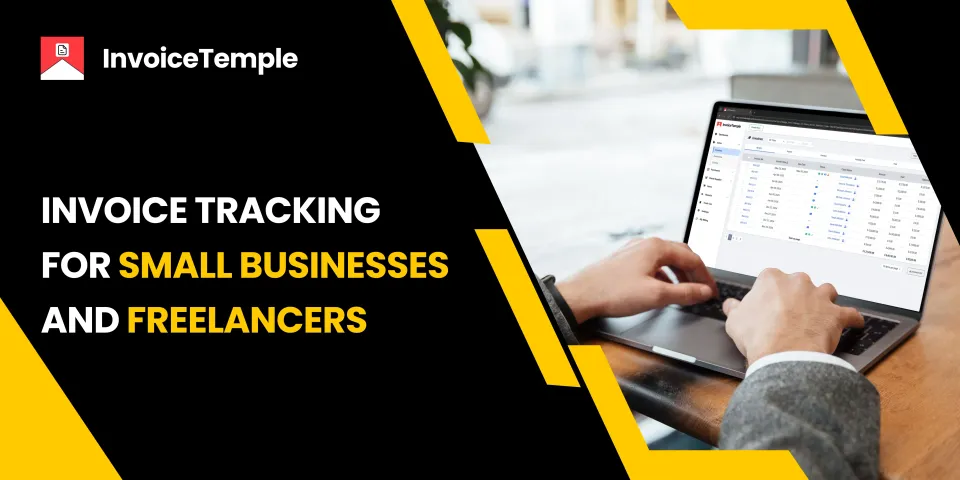How to Keep Track of Invoices for Small Businesses and Freelancers

The process that swamps small business owners, freelancers, and self-employed people is the back end business tasks, such as invoicing and payment collection. Many business owners struggle at this phase. A gap in backend business management can erode the advantages gained from a well-run production process.
The issues can be from both the business owner’s and the client’s side. At some time, the client forgets to forward the invoices, and sometimes, the client doesn’t make the payments. The business operations may get affected here. To help the business in this situation, the invoice tracking facility has been introduced.
If you are also struggling to manage these administrative tasks of the business, then this blog is for you. Continue to read and gain valuable details about the invoicing tracking process of small businesses and freelancers.
What is an Invoice Tracking Process?
When clients receive the products, the invoices are forwarded to them. Here is where invoice tracking comes in. The invoice tracking is the process of evaluating the status of the invoice. This invoice tracking system gives better visibility for the business owner over the client’s performance and the business's performance.
Which are the Key Elements That Are Used in The Invoice for Effective Invoice Tracking?
As the invoices are the crucial documents that list the key elements of the purchase made. To get a clear overview of the key elements of an invoice, read this blog. Among these elements, the following play a major role in tracking.
- Invoice number – It is the unique identifier included in every invoice. This is the crucial factor that plays a major role in effective invoice tracking.
- Invoice date – The invoice is issued to the client on this date, which helps in monitoring and organizing invoices effectively.
- Invoice due date – This is the deadline by which the client must make the payment.
Why Invoice Tracking Matters for Your Small Business?
The invoice tracking process gives an output of numerous benefits to the business.
1. Helps in Tax Preparation: Invoice tracking includes the process of maintaining the invoices. This maintenance helps the business owners get ready for the tax season.
2. Getting Earlier Payments: The invoice tracking process enables the business to send invoice payment reminders and keep the clients updated about the payment they must make.
3. Prevention of Payment Delays: Some clients make delayed payments, which affects the cash flow of the business. The waiting period for getting the payment from the clients seems to be moving at a snail’s pace. But using online invoicing software for effective invoice tracking helps in the prevention of payment delays.
4. Enhanced Business Performance: A professional invoice tracking process streamlines the overall business performance. The tension of whether you will receive the payment or not can be relieved here.
5. Strong Relationship Between Clients and the Business: When the invoices are tracked, their status can be seen by the business owners who forward them. This prevents misunderstandings between both parties involved, and a strong relationship can be maintained between them.
Best Practices Involved in Invoice Tracking:
- For effective invoice tracking, all the essential details must be included in the invoice.
- Invoicing software can be used for performing the tracking process.
- Analyze the business data regularly to know about the business performance.
- Create accurate reports on how many invoices are overdue, have partial payments, are unpaid, etc.
As invoice tracking offers various advantages for the business, implementing it in the business is necessary. So, implement this in your business and achieve success.
